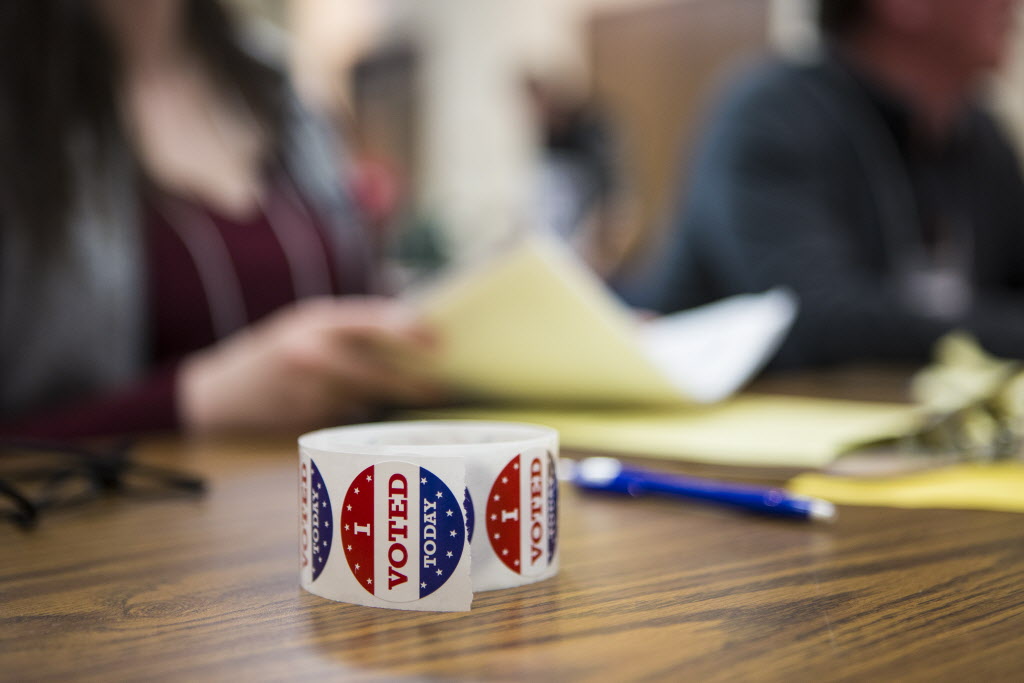
The state GOP has notified the Elections Commission it plans to have a presidential primary on the April ballot. Still, party Executive Director Mark Jefferson said state Republicans will wait until a January deadline to decide if anyone besides President Trump will be placed on the ballot. “We haven’t determined yet who will be on the ballot at this point or if there will be any opposition to the...